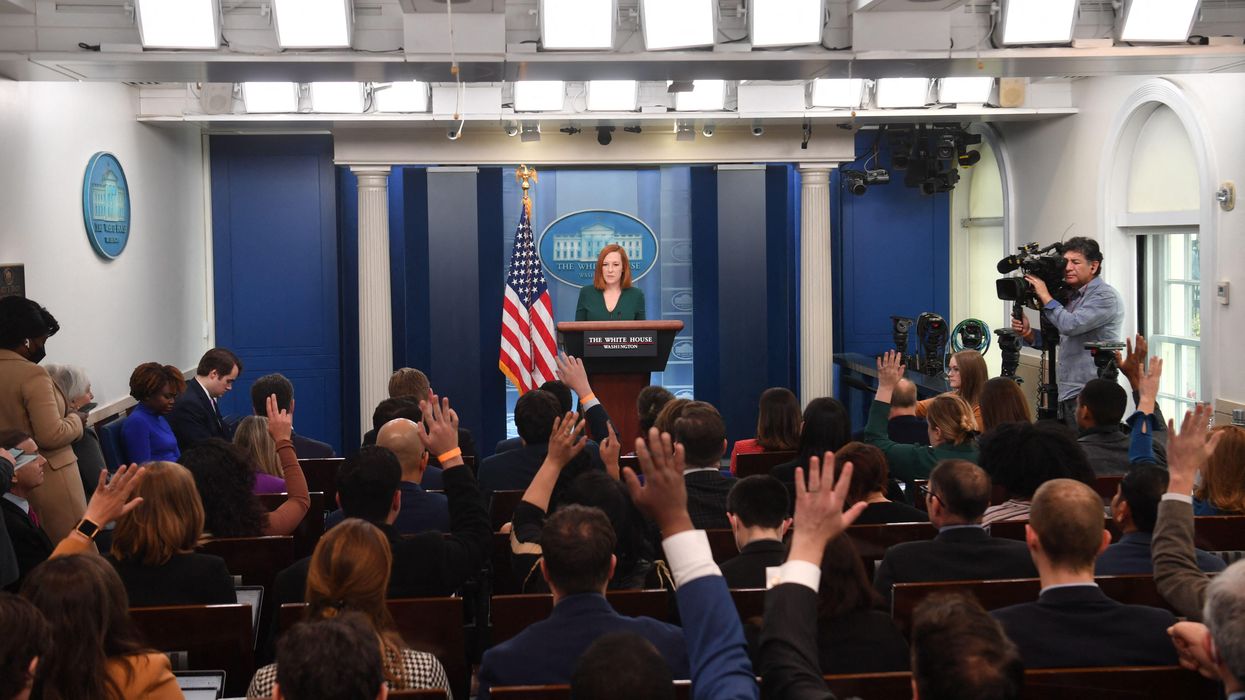The Fulcrum recently asked whether journalistic objectivity should be the standard in reporting. Jeff Prudhomme, vice president of the Interactivity Foundation, provided a lengthy response shared below.
Journalism should absolutely focus on truth-telling, because democracy can’t survive without truthful information. Democracy depends on citizens and policymakers being able to make informed, reality-based decisions. That’s why autocratic politicians, whether abroad or at home, lie all the time. They want people to despair of ever knowing what’s really true — and come to trust the autocratic leader as the only source of truth.
I would frame the problem with journalism, however, not in terms of its “objectivity” focus, but its “neutrality” focus. Seeking objectivity implies that there is an “object” — reality — that is knowable by careful reporting. It means taking a truth-telling perspective, even if those truths are uncomfortable and offend some people. “Neutrality,” on the other hand, literally means “neither one nor the other,” so you have to distance yourself from either side.
The neutrality focus of political journalism especially leads to the temptation to find two sides to every story, creating false equivalencies. Often it acts as a stenographer, uncritically reporting both the truth and the lie, leaving the audience to sort it out. It forces a kind of symmetry on every situation — even when the situation is asymmetrical.
As many journalism critics have noted, a symmetrical description of an asymmetrical reality is an active distortion of the truth. We see the consequences of this in how the public ends up being misinformed. Compared to a year ago, more people today believe the Big Lie that Donald Trump really won the last election. More people today incorrectly believe that unemployment is worse now than a year ago.
How much of this is due to journalism focusing on maintaining neutrality rather than telling the truth? How much of it is due to the savvy approach of political journalism that portrays every issue like a game between two equivalent sides, as the journalist floats neutrally above — even when our democracy hangs in the balance? How much of this problem also pertains to the civil dialogue movement, especially if we adopt a similar free-floating neutrality even in the face of the rising antidemocratic forces of autocracy in our own country?





















Trump & Hegseth gave Mark Kelly a huge 2028 gift